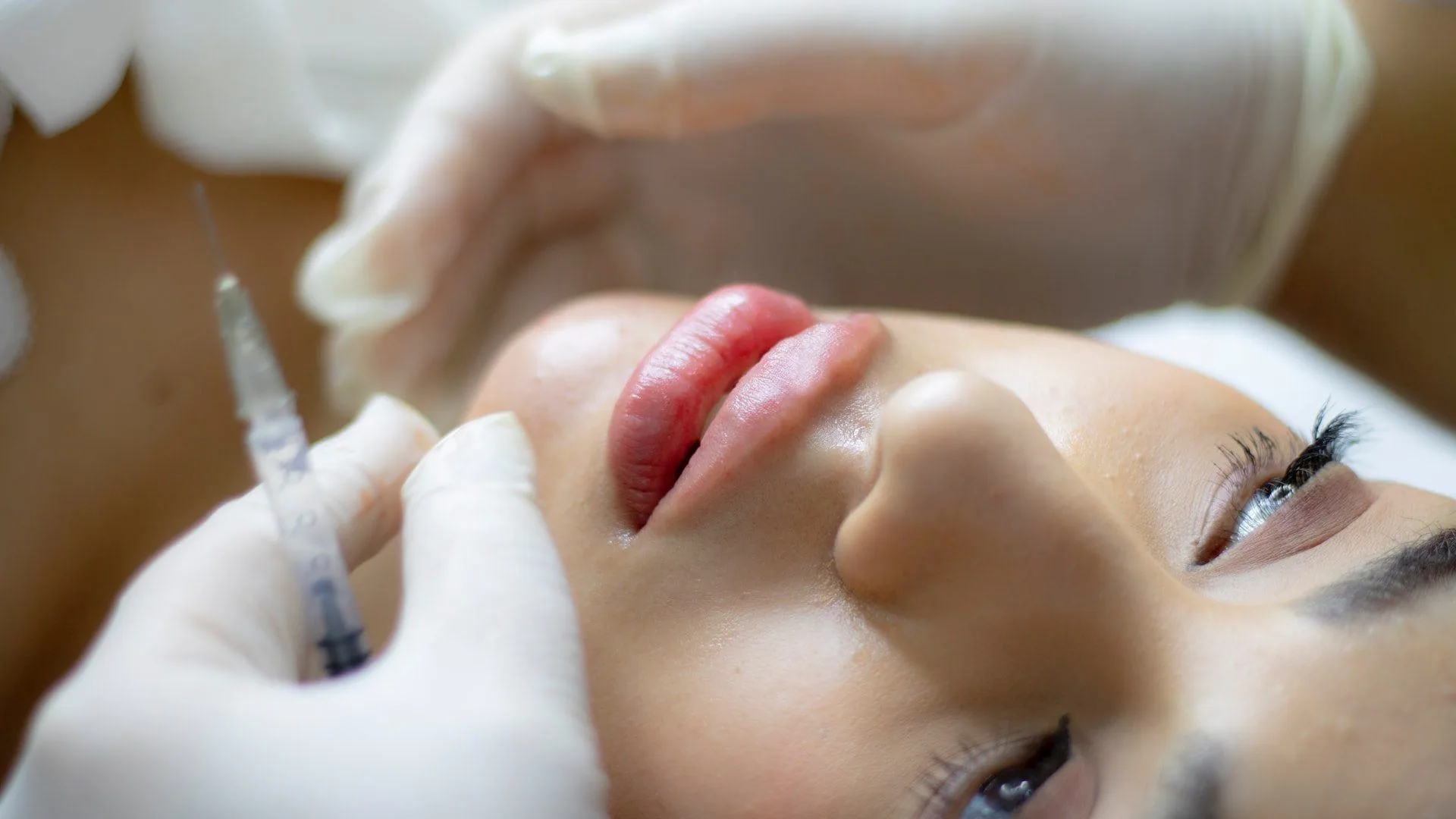When we think of Botox, we usually think of how much it might aid in reducing and even preventing fine lines and wrinkles. However, Botox is used for much more than just its aesthetic benefits. Perhaps one of the lesser known and strangest of these uses is for the prevention of tooth grinding and tension in the jaw. Yep, you heard it correctly – if you’re one of those jaw-clenching sleepers, Botox might be an option for you.
The pain of grinding your teeth could be a Botox injection away
All of us have heard about Botox. But what is it and what effect does it have on the body? Botox injections use a rather unpronounceable toxin called onabotulinumtoxinA. What this toxin does is temporarily prevent a muscle from moving. The toxin itself is produced by the microbe that causes botulism, which is a type of food poisoning.
Of course, this doesn’t exactly sound like something you’d willingly have injected into your body but it’s good for much more than just wrinkles.
Why would you use Botox and what does it do?
Botox, when injected (correctly) into the muscle, is able to “block certain chemical signals from nerves”. These are usually signals that cause the muscles themselves to contract. It is the contraction or rather too much contraction of the muscle that can cause pain.
So how would it work for grinding your teeth or chronic jaw clenching?
Temporo mandibular joint pain, often shortened to TMJ, refers to the pain you feel as a result of clenching and grinding your teeth on a regular basis. TMJ can also cause headaches, migraines, and tooth wear when it goes untreated.
When small amounts of Botox is injected into the masseter (jaw) muscle, it’s weakened just enough to stop “habitual grinding of the teeth and clenching of the jaw”. Tooth grinding, also referred to as bruxism is unsurprisingly very bad for your teeth in the long term.
But is it safe?
Botox has long been an effective treatment for a variety of muscle-related problems. It is a natural toxin and is definitely safe when injected in small amounts by an experienced practitioner. In the majority of cases, this has little to no side effects.
The most prevalent side effect is a “slightly lopsided smile” in 8% of patients. However, this was an immediate and temporary side effect that returned to normal after a few weeks. In some very rare cases (less than 1%) the treatment can also cause fatigue that lasts a couple of days.
It is worth mentioning here that this is an ‘off-label’ use of botox. This means that it hasn’t yet been approved for use by the FDA.
Is it safe as a long-term treatment?
The treatment is still fairly new, at least in medical terms. Overall, the medical community has yet to determine whether it is safe to use in the longer term as a treatment for TMJ. A 2014 study warned that long-term and consistent use of Botox near the jawbone may lead to bone loss.
The National Institute of Health is currently working on a 5-year study of the risks that may be associated with it. There is also some disagreement amongst the medical community. Some board-certified dermatologists and dentists recommend the procedure (at least in the short term) whilst other dentists and maxillofacial surgeons have cautioned against its use.
Does it work immediately?
Unfortunately, the treatment does not have an immediate effect, which may be challenging for those in extreme pain. It takes between 10 and 14 days to work. A review is usually done by the practitioner around 2–4 weeks after the procedure to make sure the dose given was optimal and that the treatment is working as it should.
If symptoms are not completely gone, the practitioner may recommend topping up the botox (sold and injected in units) in order to get the desired effect.
How long will it last?
As with most things, this is a difficult question to answer accurately, as it’s ultimately dependent on how quickly your body metabolizes Botox. Typically, this is between three and six months but can vary hugely from person to person.
Most practitioners recommend a check-up and a top-up every four to six months.
What should you do if you think you need this treatment?
The most important thing you can do when it comes to Botox is research. Choosing a good, practiced, and trusted practitioner is vital and of course, word of mouth is best. When you opt for any procedure, you should always do due diligence on the doctor. But when it comes to Botox, it’s perhaps even more essential.
Longevity Tip: Don’t opt for the cheapest option, rather save up and go to a trusted practitioner with good reviews. Botox must be injected precisely and, if administered incorrectly, can be dangerous and cause serious side effects.





![women [longevity live]](https://longevitylive.com/wp-content/uploads/2020/01/photo-of-women-walking-down-the-street-1116984-100x100.jpg)










